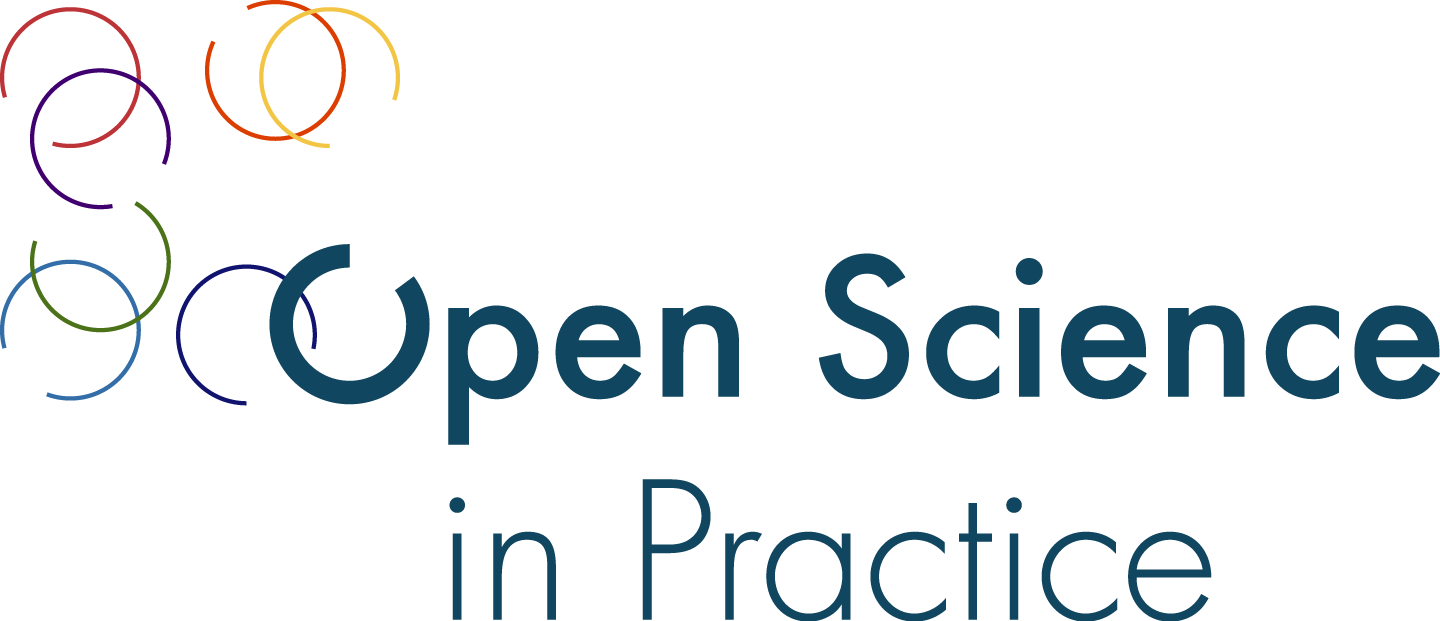Open Process
Methods that improve the credibility, transparency and replicability of scientific research can be grouped under the Open Process facet. While these three pillars are central to open science in general this facet focuses specifically on the practices of preregistration, Registered Reports and preprints. Highlighting their role in counteracting the “replication crisis” in science.
The start of the replication crisis is often pinpointed back to John P. A. Ioannidis article “Why Most Published Research Findings are False” from 2005, which brought attention to vast problems in the common practices of publishing scientific findings. The pressure to publish often and exciting findings can lead to questionable research practices such as e.g. p-hacking, HARKing or selective reporting.
Preregistration makes it much more difficult to tinker with results at the end of a study by describing and publishing a researchers hypotheses, methods and intended procedures before data collection and analysis is started. The documents containing this information are time stamped, publicly available and not editable after publication. After the research project is done and reviewers and readers of the final manuscript can go back to this original document to see how close to the original plan the research ended up being.
Registered Reports go even one step further. These are two step publishing agreements with scientific journals. After a study has been designed a protocol is submitted to a journal which peer review the study before it starts. After peer review accepts the protocol the researchers can start their procedure and they have a guarantee that their results will be publish regardless of their significance. Registered Reports have long been a practice in clinical trials and since the early 2010s more journals across disciplines take up this practice.
A related method that also depends an early publication of findings are preprints and postprints. Especially preprints are widely spread in a lot of different disciplines. A preprint is the publication of a manuscript bevor it went through peer review often on specific preprint platforms. They ensure the rapid and equitable distribution of scientific findings. The related document form of postprints, which are peer review approved manuscripts, are often published in green open access repositories aside from the original journal publication, sometimes after an embargo time.
A common critique for these two methods is that they do not allow for exploratory research or serendipitous findings. However, divergences from the original plans are quite common the preregistration and Registered Reports methods require the openness and transparency to communicate these changes.
Within the MPG the platform “Peer Community in Registered Reports” is supported to offer Max Planck scientists the possibility to make use of this Open Science facet. Additionally, the following platforms are supported:
- Preprint server:
- https://arxiv.org/ – a free preprint service for a variety of disciplines
- https://psyarxiv.com/ – a free preprint service for the psychological sciences
- https://chemrxiv.org/ – a free preprint service for chemistry and related areas
- Overlay Journals:
- https://scipost.org/ – a complete scientific online-based publication portal
- https://peercommunityjournal.org/ – a journal that publishes PCI-recommended articles in open access
The MPDL has also been a founding member and initiator of “bloxberg“, a blockchain infrastructure specific for the scientific research environment. The preregistration of hypotheses through timestamps on this blockchain that are authorized via the decentralized bloxberg network is one concrete use case of this technology.
Further Reading
- OSF Support “Welcome to Registration!”: https://help.osf.io/article/330-welcome-to-registrations
- Open Science Knowledge Base “How can I preregister a study?”: https://how-to-open.science/plan/preregistration/how/
- Yuki Yamada (2018). “How to Crack Pre-registration: Toward Transparent and Open Science.” (https://doi.org/10.3389/fpsyg.2018.01831)
- Mark Rubin (2020). “Does preregistration improve the credibility of research findings?” (https://doi.org/10.20982/tqmp.16.4.p376)
- Center for Open Science “Registered Reports”: https://www.cos.io/initiatives/registered-reports
- Emma L. Henderson, Christopher D. Chambers (2022). “Ten simple rules for writing a Registered Report” (https://doi.org/10.1371/journal.pcbi.1010571)
- AJE Team (2022). “Pre-registration vs. Registered Reports: What’s the difference?” (https://www.aje.com/arc/pre-registration-vs-registered-reports/)
- Open Access Networks “Preprints”: https://open-access.network/en/information/publishing/preprints
- OSF Support “Preprint FAQ”: https://help.osf.io/article/230-preprint-faqs
- Confederation of Open Access Repositories “Overlay Journals”: https://www.coar-repositories.org/overlay-journals/


